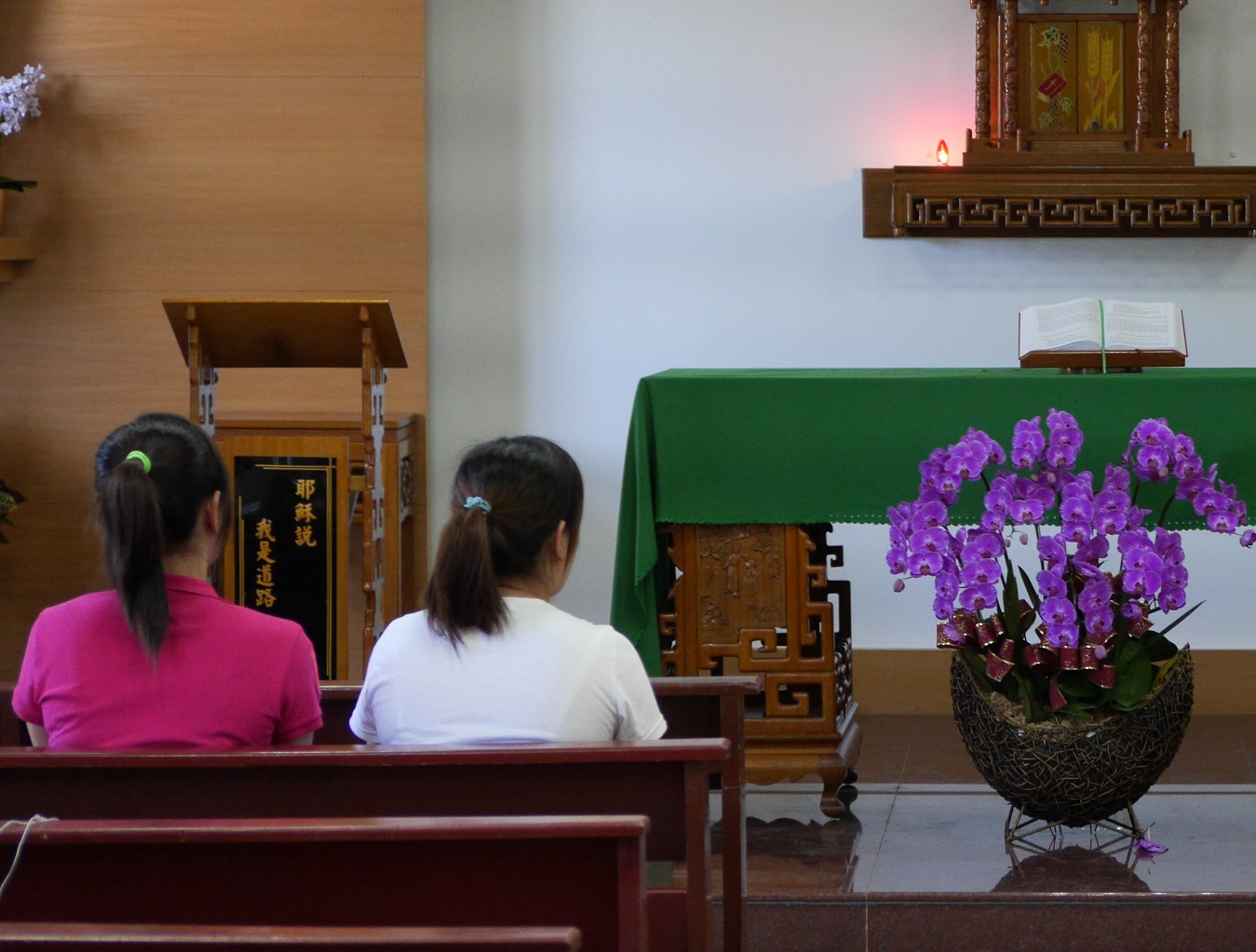Cazzie Reyes
Cazzie Reyes graduated from Bradley University with a Bachelor's degree in International Studies and a minor in Women's Studies.
By 2018, Taiwan will be an ‘aged society,’ meaning that at least 14% of its population will be 65 years old or older. By 2025, Taiwan’s National Development Council predicts that at least 20% of the population will be older than 65. The rising population of the elderly in Taiwan has led to a demand for caregivers and nursing home aides. Hahn and Ling, two women from Vietnam, sought work at a Taiwanese nursing home and were trafficked for labor exploitation.
Hahn begins, “Prior to coming here [the Vietnamese Migrant Workers and Brides Office], I had no choice. I had to do what I was asked to do. Before coming [to Taiwan], we were asked to work 12 hours a day. But in reality, it was more than that. We often worked more than 13 hours a day and were assigned to do different jobs. Besides looking after the elderly, we had to cook their food. We had to sometimes kill snakes, spray poisonous chemicals to cure grass and kill animals such as rats.”
Long work days, lack of proper nutrition and exposure to harmful chemicals and vermin eventually led to health problems, and at one point, the pet dogs at the facility attacked Hahn.
She continues, “When we were sick, we were not able to see a doctor. One time I had to watch the dogs, and they hurt me. But I wasn’t allowed to get [medical] help. We had no day off. [There was] no freedom of movement, and we were not allowed to go out. If we were doing private or personal things, the employers would follow and monitor us. We were not allowed to close our bedroom doors."
The lack of mobility and privacy weren’t their only constraints. Hahn and Ling’s employers confiscated their documents and deposited their salaries to a bank account they had no access to. With no legal papers or any financial means to get out of their situation, the two women needed outside resources in order to leave their employers.
“I had relatives who also worked in the nursing home industry,” Hahn explains, “This office helped my relatives, and when I talked to them about my problems they gave me the phone number for this office. And I got help.”

The Vietnamese Migrant Workers and Brides Office collaborates with local law enforcement and the labor bureau to investigate situations of forced and bonded labor. Once recovered from abusive employers, migrant workers such as Hahn and Ling are able to stay in the office’s shelter, receive counseling, learn about their rights and can get legal assistance as well as job/education training.
Ling, who had been mostly silent up until this point, says softly, “It (the trafficking situation) was the same for me as well. We worked together in the same nursing home. I was so scared that I didn’t want to stay in this office. I was afraid of the brokers. It took a lot of counseling for me to calm down. I came here, and I have been helped by this office so I am more confident. I was an anxious person, often unable to live without fear. But now, I think what I want to think. I do what I want to do. I don’t have to mute myself. Security…I feel secure and protected here. I meet different people who had the same situation as me.”
Hahn adds, “I feel that life in here is like a family.”
Today, Hahn and Ling work together in a restaurant.
“I work nine hours a day. I start from 4pm and finish at 1am,” Ling said.
The office ensures that the restaurant they work in respects workers’ rights and labor standards. Still, Hahn and Ling dream of obtaining more stable jobs so that they can better look after their families. The job at the restaurant is their first step towards recovery and self-sufficiency.
“Prior to coming here, I had no freedom. I was controlled, and I lived in a very…I thought I had to live in an unfree environment. Now, I am very happy that I now know that I have more and other rights…more rights than I thought I could ever have when I was in the nursing home. To live here and to be able to do what I want to do makes me happy,” Hahn concludes.
Ling responds, “Being in a desperate situation, I had no hope. And now I’ve been helped, and that’s given me happiness. Freedom means the ability to choose my work…to live the life at present."
Promote an app fighting human trafficking
During the summer of 2020 many falsehoods about modern-day enslavement spread over social media. Learn why this harms the anti-trafficking movement, and how you can help stop it.